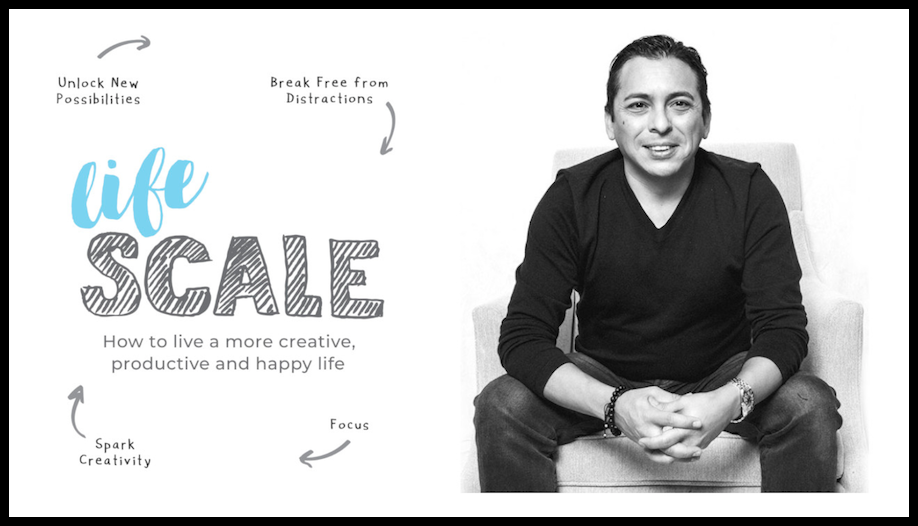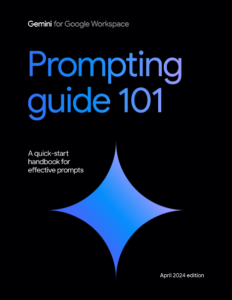
Cristian Dina, Pexels
How do we live in a world of constant distraction without giving up these digital tools that monopolize our attention, but provide value at the same time? Is it an all-or-nothing game?
These are questions more people are asking as a result of the overwhelming success of the Netflix documentary The #SocialDilemma, which looks at the consequences of driving user engagement through so-called “bubble filter” algorithms, that increase utilization by showing us more of what we’re already watching, insulating us from different points of view and contributing to today’s state of hyper-partisan political polarity.
As I share with my good friend and Los Angeles-based digital marketing consultant Eric Schwartzman, the good news is that it’s possible to balance a life of purpose while also taking advantage of social media and other transformative digital technologies.
If you have a moment, please listen to our conversation here… 🙏
We unpacked a lot during this conversation so you won’t want to miss this podcast!
If you’d rather read than listen, these are Eric’s favorite takeaways:

Don’t be scared of AI. Retrain the algorithm.
Many people say AI is the future of digital marketing. And we know AI can be powerful from a brand perspective. But is AI a risk as well? And what toll will it take on our livelihoods, mental health, politics and relationships as individuals?
Is the current state of affairs simply a trailer for more of what’s in store?
Brian explained how AI, algorithms, and the companies that leverage them, use our own insecurities against us while simultaneously making us feel in control. And he transferred the responsibility of how we engage, interact with, and react to that content back on our shoulders as consumers with three simple words: “personal accountability” and digital literacy.
“They [social networks] align content and advertising around what the algorithm deems important to us. They stoke our cognitive biases, said or unsaid vulnerabilities. And they create engagement and activity around those things because they are extremely charged.
As you share, others share back.
And make no mistake, that’s all by design.”
Brian Solis
There are many case studies that show how igniting people’s emotions or being opinionated lures clicks. And that’s simply what makes the money.
We can’t blame social media – or even the growth marketing campaigns that exploit it.
We need to become literate and honest about what’s happening.
Taking on some more accountability, you will remember that you don’t have to engage with everything. Nor do you have to give up social media and the digital media technology that can be really beneficial.
You can actually retrain the algorithm to show it what you want to consume by liking and engaging with the news stories, videos, profiles, and content that fills your life with value and purpose.
This is the very thing Brian explores in his book. And it’s very much the idea of “you get back what you put out into the world,” applied to a digital world.
AI ethics are not universal. They’re based on personal beliefs.
Growth marketing is all about rapid-fire implementation and leveraging new technology to get us to the next level.
But with AI, we may not understand the repercussions until after it’s been applied. So Brian challenges us to take a step back and think about how we got where we currently are, before thinking about where we want to go tomorrow.
The 2 questions he asks are:
- What digital marketing tactics do you want to keep using?
- How do you provide content that both evokes emotion and is credible?
In social media and other digital marketing channels, there’s often not just an erosion of truth, but a delineation of what truth actually means.
There’s your truth and my truth. And they may not align.
So, there’s no simple answer to what the future of digital marketing in 2021 holds. Just as everyone has their own truth, everyone — and every company — must define what is acceptable and what standards they will hold themselves to.
The future of digital marketing is innovative leadership.
Moving away from social media to the customer experience, there’s an important question marketers should ask themselves.
How can we shift from rigid process and risk-averse cultures, to agile, innovative cultures?
Innovation, diversity, agility — these are all big change initiatives. And change and culture go hand in hand.
Change is about people and culture is what gives people the where and why. It becomes a leadership conversation about how to bring people together and move them in a new direction. Innovation and leadership go hand in hand.
“Remember that innovation is the outcome. It’s change and culture design that get that outcome,” says Brian.
In addition to cultivating a new culture, we can also work to be more intuitive as digital marketers.
There are a lot of great companies that really care about the customer — or say they do — but don’t effectively communicate that in their digital experiences.
“Brands want to create a better customer experience. But we have to remember that connected customers are in a more chaotic world. You have to factor in their headspace they’re coming from when they reach the point of interacting with your brand’s messaging. It’s about being more intuitive and understanding this environment we are all in.”
Brian Solis
Brian calls this the “customer’s experiences” rather than the customer experience.
It’s an accumulation of experiences. Each one impacts how someone feels about you. Those emotions move into memories and that’s how brand affinity is born.
Conclusion
As you forge into the future of digital marketing and growth marketing, evaluate whether your company is truly striving for innovation, or simply iteration, and course correct accordingly.
Don’t lose sight of what it means to be a consumer in the age of digital media technology and take time to define your company’s values and ethics within that world.
I highly recommend reading Brian’s book, Lifescale: How to Live a More Creative, Productive, and Happy Life. Take notes. Give it to your employees. You will be more productive at work and begin to form more meaningful connections with your customers.





Leave a Reply